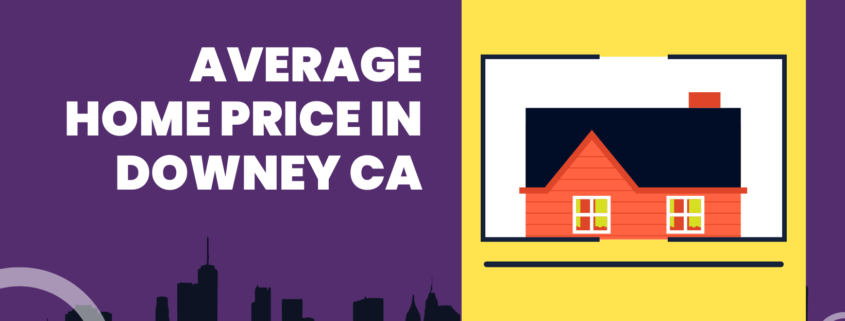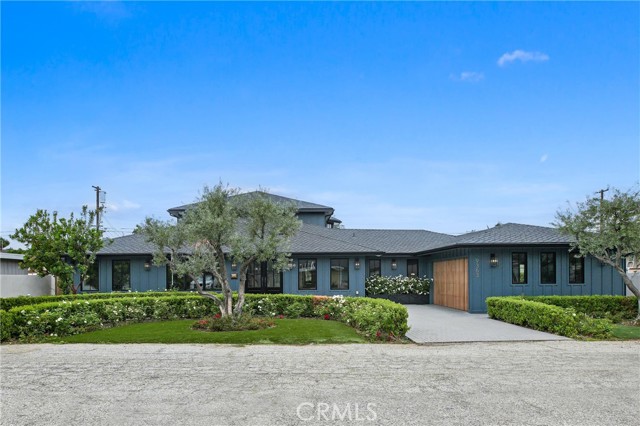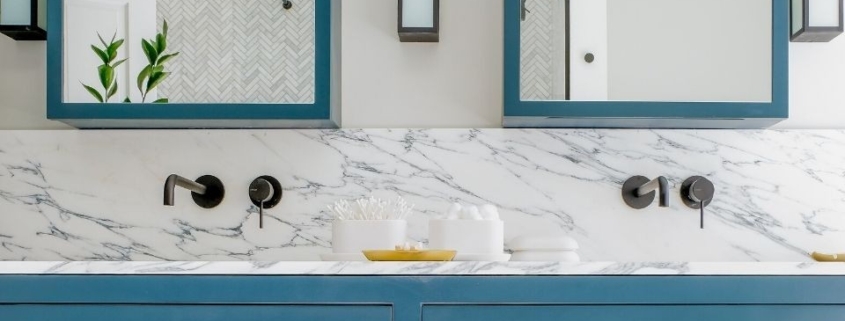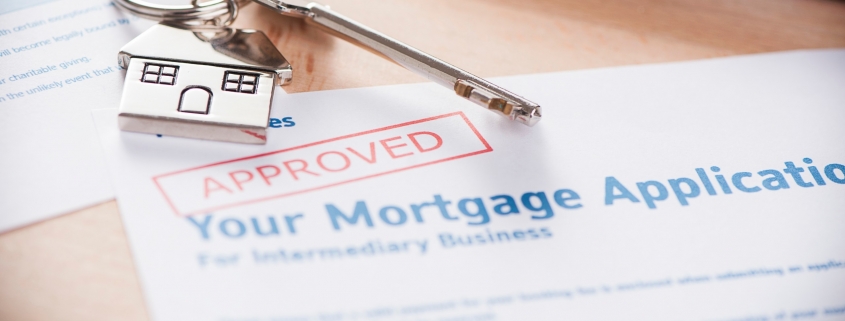Elegir comprar una casa no es algo que deba tomarse a la ligera, por eso es esencial obtener una aprobación previa. Es una decisión importante que puede afectar significativamente la vida de uno. Hay muchos pasos que se deben seguir para completar el proceso.
Uno de los pasos más importantes es obtener una aprobación previa para un préstamo hipotecario. Si bien no siempre es un requisito, muchos expertos en bienes raíces y préstamos lo recomiendan. Es un procedimiento relativamente indoloro que solo debería llevar uno o dos días como máximo.
Comprar una casa en California puede llevar algún tiempo. Obtener una aprobación previa para un préstamo puede hacer que la experiencia sea un poco menos estresante. Aquí hay algunas razones por las que obtener una aprobación previa es esencial:
1. Sabrá cuánto puede pedir prestado.
Una de las principales razones para obtener una aprobación previa para un préstamo hipotecario es para poder determinar cuánto puede pedir prestado. De esta manera, no terminará buscando propiedades que sean más de lo que realmente puede pagar. Esto puede hacer que se enamore de una propiedad que, en última instancia, está fuera de su rango de precios y podría hacer que todas las demás casas en su rango de precios se sientan mucho menos deseables.
A pesar de que es posible que tenga una aprobación previa para una cantidad específica en dólares, no significa necesariamente que deba buscar propiedades que tengan un precio de ese precio máximo. Recuerde que deberá apartar fondos para el pago inicial, los costos de cierre, el seguro de propietarios, los servicios públicos mensuales y otros cargos relacionados.
¡No se olvide de los pagos del automóvil, las facturas del teléfono, los alimentos y otros gastos regulares! Después de obtener una carta de aprobación previa, es una buena idea revisar sus ingresos y gastos y establecer un presupuesto para usted. Mire todo línea por línea. Si hay cargos innecesarios o redundantes, ahora es el momento de eliminarlos.
Si tiene deudas con tarjetas de crédito u otros préstamos u obligaciones financieras, debe cancelarlas o pagarlas tanto como sea posible. Esto ayudará a mejorar su puntaje crediticio. Debe comenzar a apartar fondos de cada cheque de pago para alcanzar su objetivo de ser propietario de una casa.
2. Tendrá una ventaja sobre otras partes interesadas.
Obtener una aprobación previa para un préstamo también puede brindarle una clara ventaja sobre otros que no lo han hecho. Una carta de aprobación previa les dice a los vendedores que un prestamista calificado ha revisado personalmente sus finanzas y ha decidido que puede comprar una casa. Esta información puede dar a los vendedores confianza en usted, porque saben que es muy probable que su préstamo sea aprobado.
La mayoría de los vendedores de viviendas no quieren negociar con personas que no tienen sus finanzas en orden o que de otro modo podrían considerarse riesgosas. Es por eso que obtener una aprobación previa es una de las primeras cosas que debe hacer. Incluso podría ayudarlo a comprar una casa más rápido.
3. Puede identificar cualquier posible error en su informe de crédito.
Cuando se reúna con un prestamista, revisará sus ingresos, gastos y deudas actuales. También revisarán su crédito. Aquí es cuando es más probable que surjan problemas potenciales.
Si hay algún error o inexactitud en su informe de crédito, debe trabajar para resolver esos problemas de inmediato. Si no lo hace, podrían evitar que se apruebe previamente. Su sueño de ser propietario de una vivienda podría desvanecerse justo cuando se inicia el proceso.
Para obtener una aprobación previa para un préstamo, deberá proporcionar documentación para los siguientes elementos:
– Información de ingresos y empleo (formularios de impuestos, recibos de pago, etc.)
– Cualquier deuda o pasivo actual (préstamos para estudiantes, préstamos para automóviles, etc.)
– Cuentas corrientes, de ahorro, jubilaciones y otras cuentas bancarias
– Cualquier propiedad que posea actualmente
– Cualquier activo adicional que posea
– la información de contacto de su empleador
El prestamista revisará toda esta información. Ellos le informarán si se necesita documentación adicional y luego determinarán si emitirán o no una carta de aprobación previa.
Una vez que haya sido preaprobado, puede comenzar a buscar casas que pueda pagar. También puede comparar préstamos hipotecarios en diferentes instituciones crediticias. Mire cada oferta detenidamente y no dude en hacer preguntas si no comprende algo o necesita aclaraciones sobre elementos específicos. Asegúrese de leer el contrato detenidamente antes de aceptar un préstamo hipotecario en particular.
Por lo general, las cartas de aprobación previa solo son válidas durante 30 a 90 días. Si la búsqueda de su casa va a llevar más tiempo que eso, es posible que desee obtener varias letras. Esta es una salvaguarda para que pueda concentrarse en encontrar la casa que mejor se adapte a sus necesidades.
Solo tenga en cuenta que una carta de aprobación previa no garantiza que será aprobado para un préstamo. Aún se le podría negar por varias razones. Su situación financiera también podría cambiar. Cualquier deuda adicional, pérdida de un trabajo u otros factores podrían afectar su capacidad para obtener un préstamo hipotecario.
Un préstamo es una obligación seria y debe tratarse como tal. Por eso es importante leer los detalles del contrato hipotecario para comprender completamente sus responsabilidades. Una vez que haya sido aprobado para un préstamo hipotecario y cierre una casa, tómese unos minutos para volver a examinar el contrato hipotecario. Es posible que desee agregar los montos del pago de la hipoteca y las fechas de vencimiento en su calendario para no olvidarlo.
La aprobación previa es tan necesaria como todas las demás partes del proceso de compra de una vivienda. Las únicas excepciones son si está construyendo nuestra casa, ya ha sido aprobado para un préstamo o si tiene la intención de pagar su casa de una vez por adelantado. Todo lo que necesita es proporcionar algunos documentos financieros e información laboral a su prestamista. Deberían tener una decisión para usted en uno o dos días.
Una vez que haya sido preaprobado, puede comenzar a buscar casas. Programe una reunión con un agente de bienes raíces para discutir sus intenciones. Hágales saber que ha sido preaprobado para un préstamo para que puedan comenzar a encontrar casas para las que calificaría. Cuanto antes se ocupe de esto, más cerca estará de ser dueño del tipo de hogar que siempre ha deseado.
 Jose Guevara
Jose Guevara
Agente
424-209-7899
support@hometuity.com




 Jose Guevara
Jose Guevara




